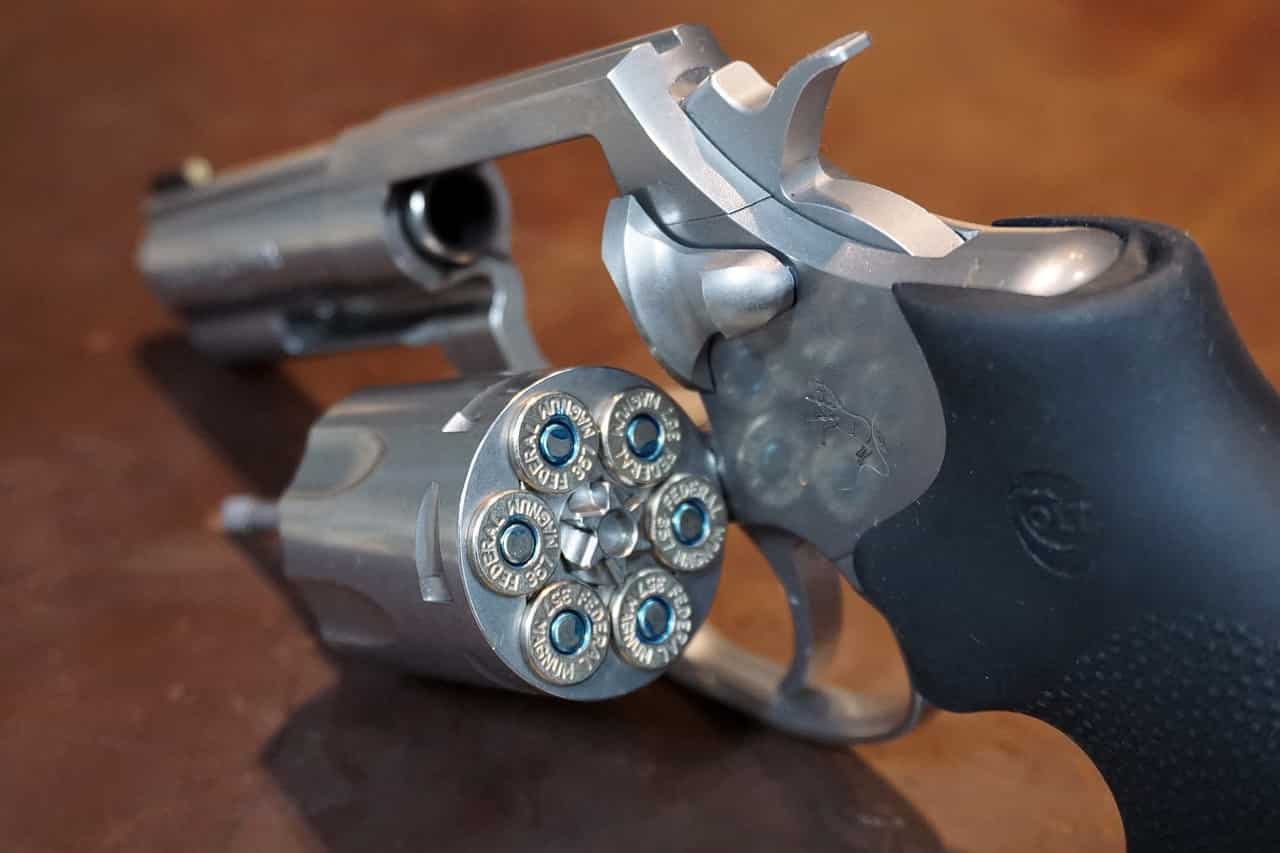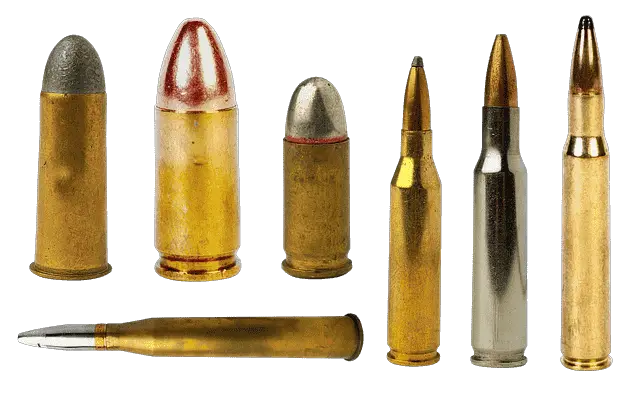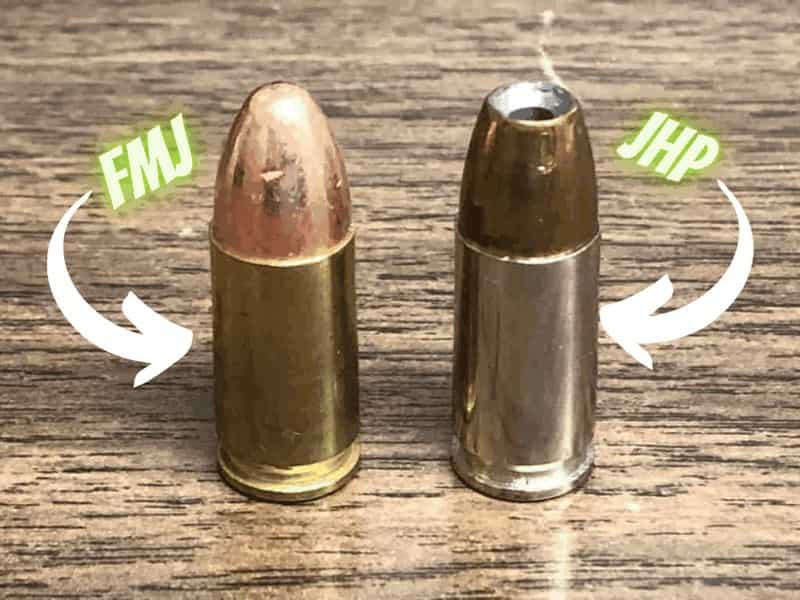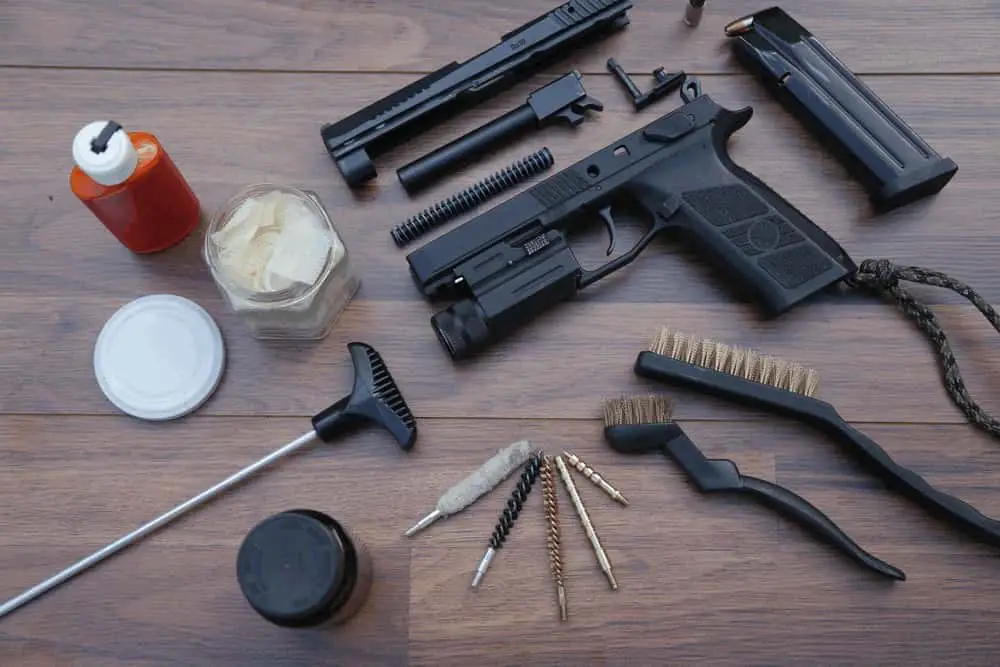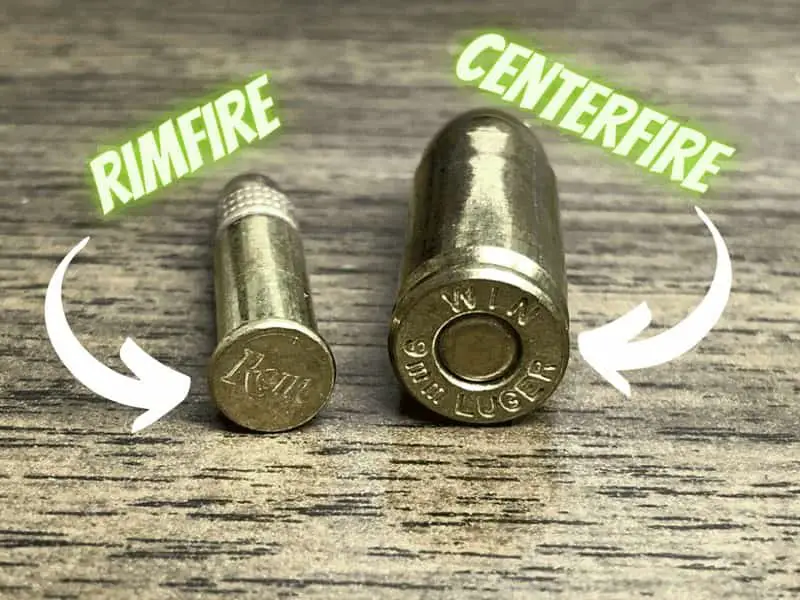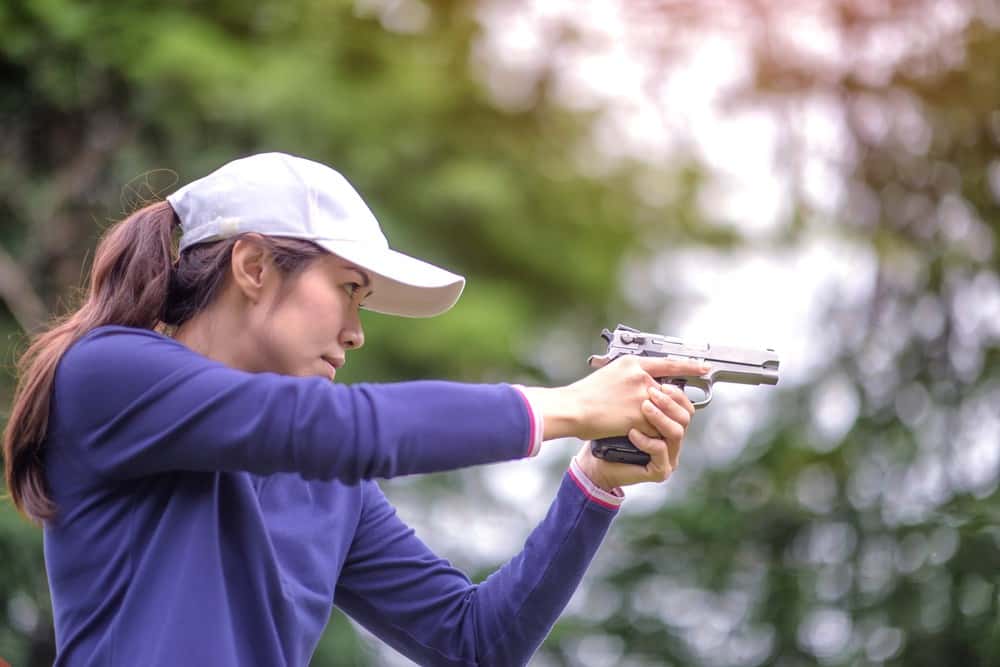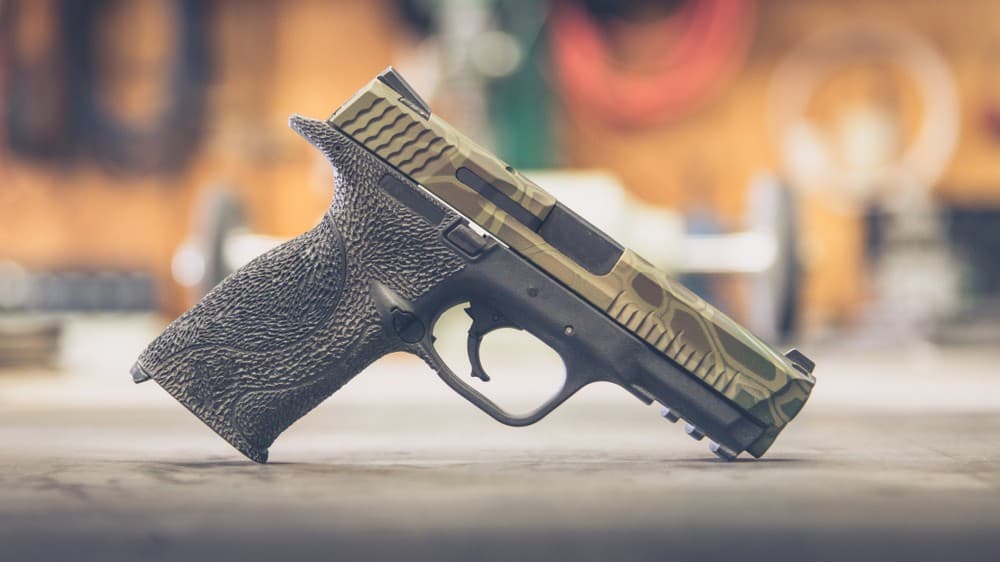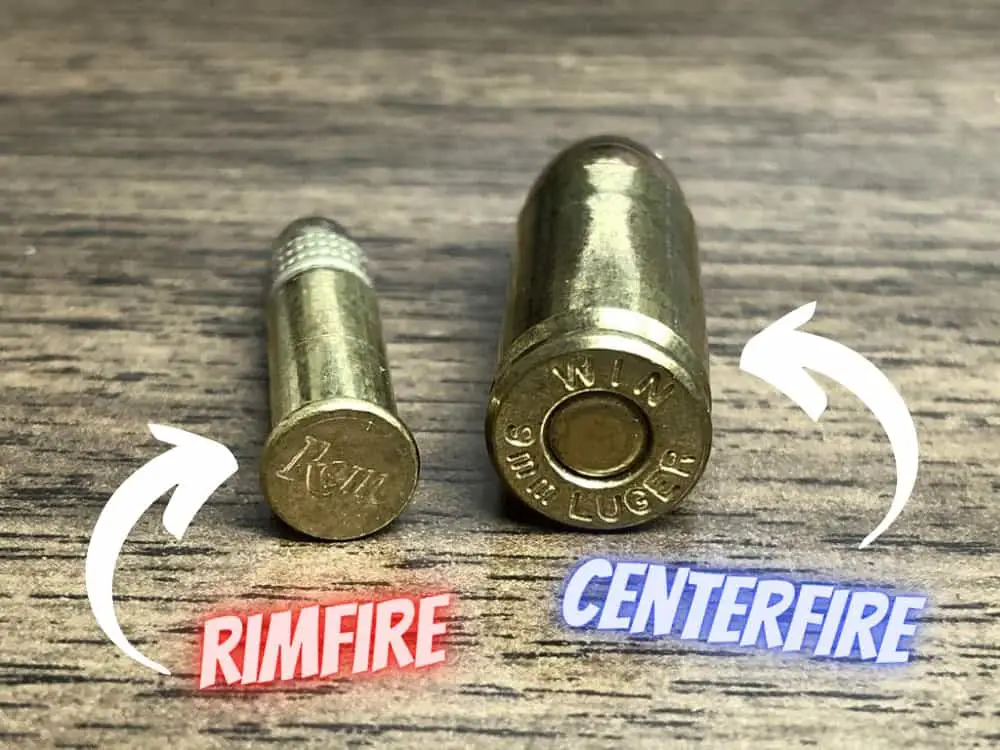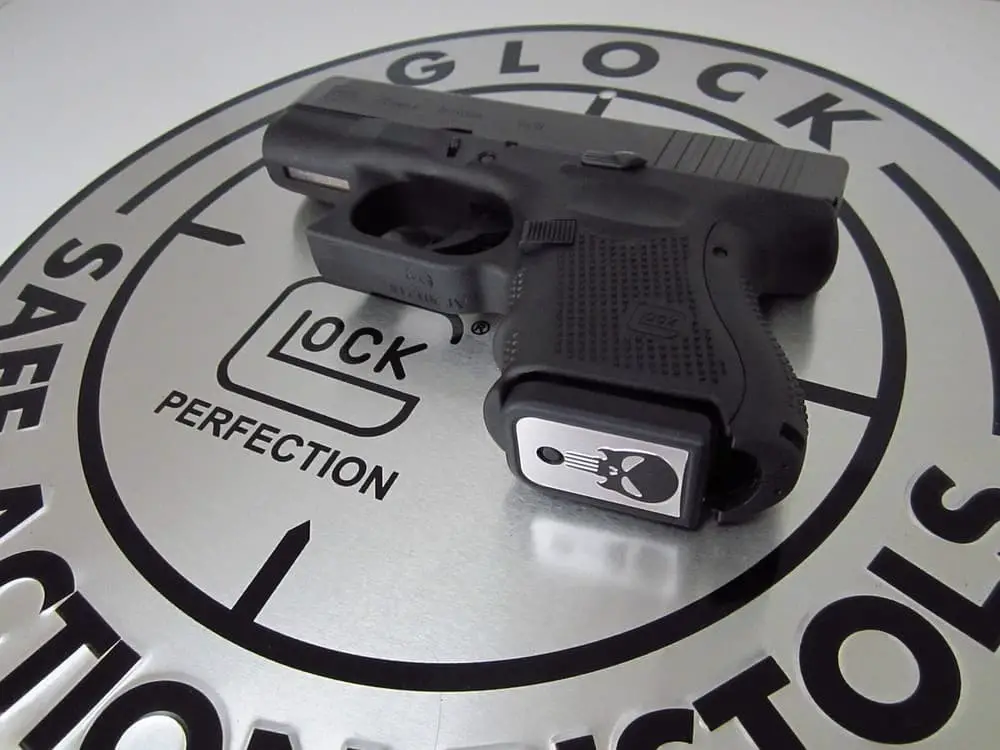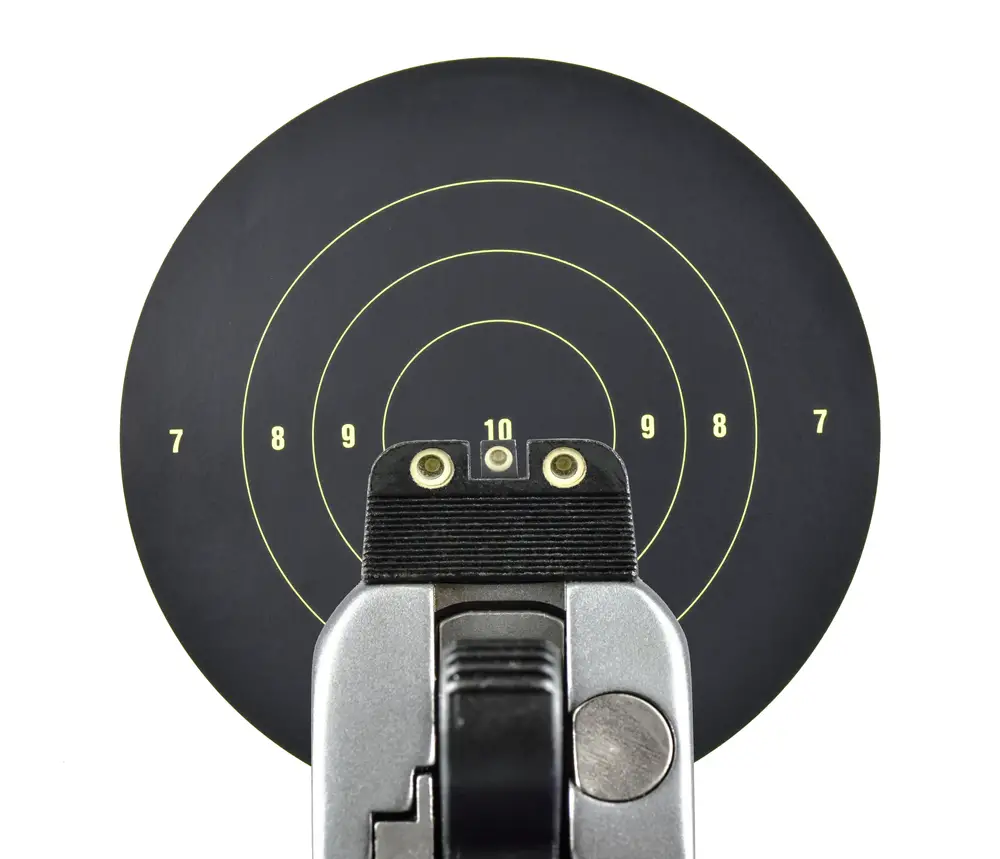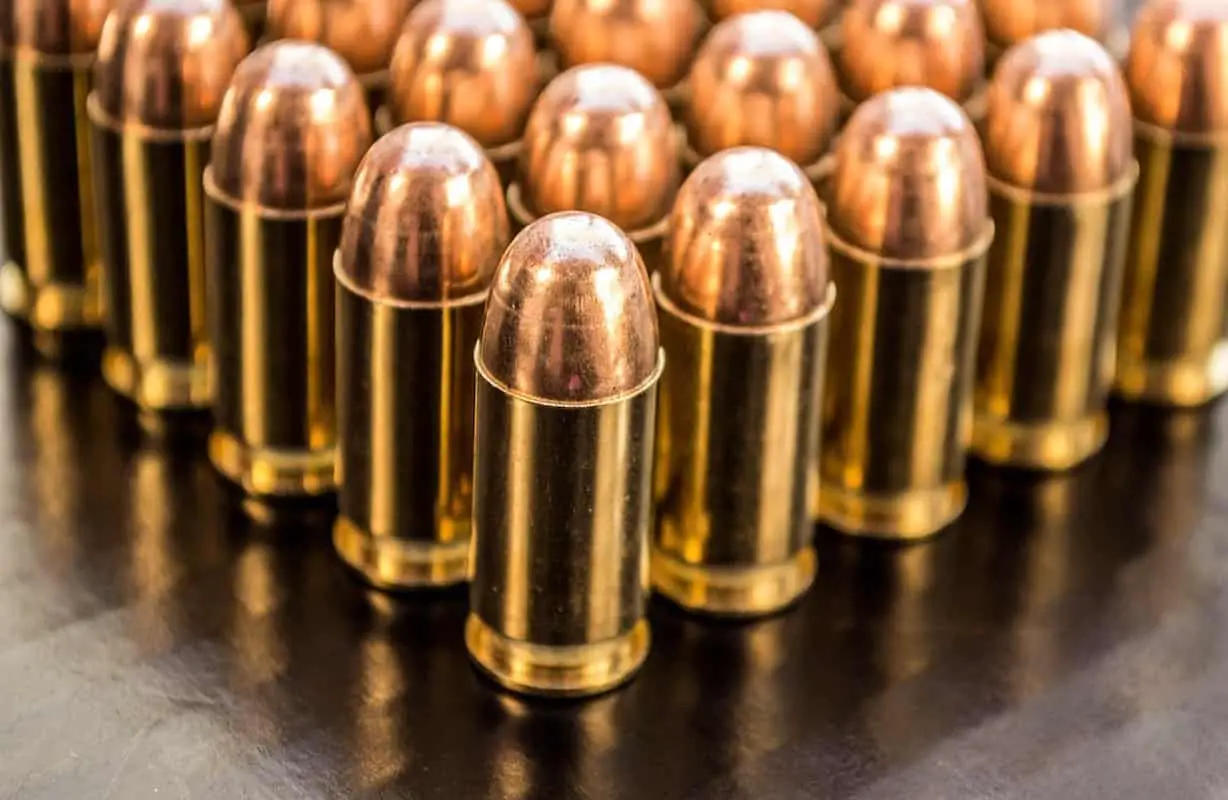
When it comes to pawning a gun that was gifted to you, the answer is not always straightforward. The legality of pawning a gun that was gifted to you depends on a number of factors, including the laws in your state and the specifics of the gift. In some cases, it may be perfectly legal to pawn a gifted gun, while in other cases it may be illegal.
One important factor to consider when pawning a gifted gun is whether or not you are legally allowed to own a firearm. If you have a criminal record or have been convicted of certain crimes, you may be prohibited from owning a gun. Additionally, if the gun was gifted to you by someone who is not legally allowed to own firearms, pawning the gun could result in legal trouble.
Another important consideration is the laws in your state regarding gun ownership and sales. Some states require background checks and waiting periods for gun purchases, while others do not. It is important to research the laws in your state and consult with a legal professional if you are unsure about the legality of pawning a gifted gun.
Pawn Shops and Gun Laws
Federal Law
When it comes to pawning a gun, federal law requires that the pawnshop must be licensed to sell firearms. This means that they are required to conduct background checks on anyone who wishes to pawn or purchase a gun. This is done to ensure that the person is legally allowed to own a firearm and that the firearm is not stolen.
State Law Variations
State laws on pawning guns vary, so it is important to check the laws in your state before attempting to pawn a gun. Some states require that the pawnshop hold the firearm for a certain amount of time before it can be sold, while others do not. Additionally, some states may require that the pawnshop report any firearms that are pawned to local law enforcement.
Legal Pitfalls
There are several legal pitfalls to be aware of when pawning a gun. For example, if the firearm is found to be stolen, the pawnshop can be held liable for possession of stolen property. Additionally, if the person who pawned the gun is not legally allowed to own a firearm, they can be charged with a crime. It is important to ensure that all legal requirements are met before pawning a gun to avoid any legal issues.
Gifting a Gun
When it comes to gifting a gun, there are several legal obligations and considerations that need to be taken into account. This section will explore the legal obligations, background checks, and considerations for juveniles when gifting a gun.
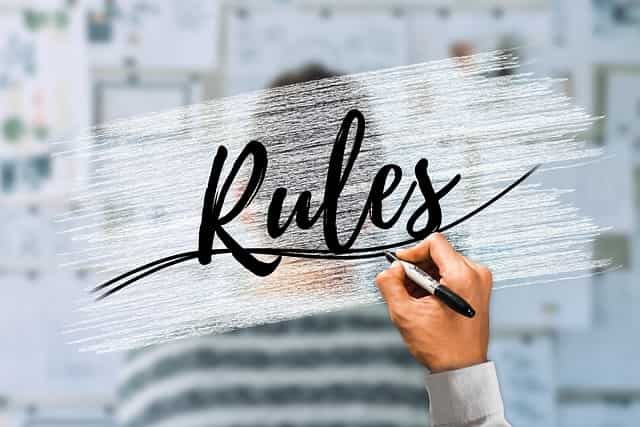
Legal Obligations
Gifting a gun is subject to the same laws and regulations as any other transfer of firearms. The receiver of the firearm must be legally able to possess a firearm, and the transfer must comply with state and federal laws. The transferor must not knowingly transfer a firearm to a person who is prohibited from possessing firearms under federal or state law.
Background Check
In most cases, a background check is required before transferring a firearm to another person, including when gifting a gun. Federal law requires licensed dealers to conduct background checks on all firearm sales, including gifts. Private individuals are not required to conduct background checks when transferring firearms to family members, but it is always a good idea to do so to ensure that the receiver is legally able to possess a firearm.
Juveniles
When gifting a gun to a juvenile, it is important to remember that federal law prohibits the transfer of firearms to anyone under the age of 18. However, there are some exceptions to this rule. For example, a parent or guardian may transfer a firearm to their child or ward if the child is under 18 and the transfer is for hunting, sporting, or other lawful purposes.
Pawning a Gun
Loan
Pawning a gun is a way to get a loan using the firearm as collateral. The amount the pawnshop will loan depends on the value of the gun. The borrower must repay the loan plus interest to get the gun back. If the borrower cannot repay the loan, the pawnshop will sell the gun to recover the money.
Collateral
Collateral is something of value that the borrower pledges to the pawnshop to secure the loan. In the case of pawning a gun, the firearm is the collateral. The pawnshop will hold onto the gun until the loan is repaid. If the borrower defaults on the loan, the pawnshop will sell the gun to recover the money.
Instant Background Check
When pawning a gun, the pawnshop is required by law to conduct an instant background check on the borrower. This is to ensure that the borrower is legally allowed to possess a firearm. If the borrower fails the background check, the pawnshop cannot loan money on the gun.
It is important to note that laws regarding pawning guns vary by state and even by city. It is essential to research the laws in your area before attempting to pawn a gun. Additionally, not all pawnshops accept firearms as collateral, so it is important to call ahead and confirm before visiting a pawnshop.
In conclusion, pawning a gun can be a way to get a loan in a pinch, but it is important to understand the risks and laws associated with it. Borrowers should only pawn a gun if they are confident they can repay the loan and retrieve their firearm.

Shipping a Firearm
When it comes to shipping a firearm, there are certain rules and regulations that need to be followed. In this section, we will discuss the different ways to ship a firearm and the requirements for each method.
Common Carrier
A common carrier is a company that provides shipping services to the public. When shipping a firearm through a common carrier, the firearm must be unloaded and securely packaged. The package must also be clearly marked as containing a firearm.
It is important to note that some common carriers have their own specific requirements and restrictions when it comes to shipping firearms. It is recommended to check with the carrier before shipping to ensure that all requirements are met.
U.S. Mail
Shipping a firearm through the U.S. Mail is only allowed in certain circumstances. The firearm must be sent through registered or insured mail, and it must be unloaded and securely packaged. The package must also be clearly marked as containing a firearm.
It is also important to note that the U.S. Postal Service has its own specific requirements and restrictions when it comes to shipping firearms. It is recommended to check with the Postal Service before shipping to ensure that all requirements are met.
Unloaded Firearm
Regardless of the method of shipping, the firearm must always be unloaded and securely packaged. This means that the firearm must be completely disassembled or have a locking device attached to prevent firing.
It is also recommended to include a letter with the shipment that includes the name and address of the recipient, as well as the name and address of the shipper.
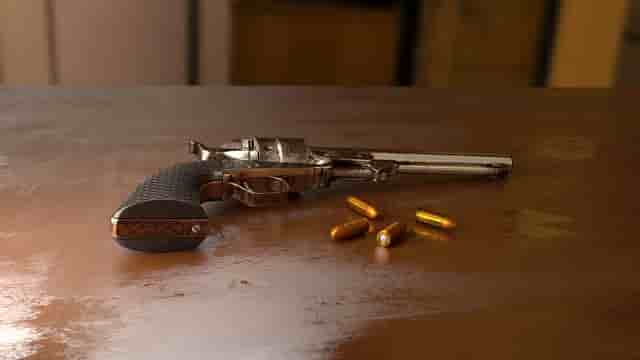
Conclusion
In conclusion, pawning a gun that was gifted to you can be a viable option when you need quick cash. However, it is important to understand the legal obligations and potential pitfalls before proceeding.
First and foremost, it is crucial to comply with federal and state gun laws, including background checks and licensing requirements. This is especially important if you live in California, Colorado, Connecticut, Maryland, Massachusetts, New York, Oregon, Rhode Island, Washington State, or the District of Columbia, where state law variations can be particularly strict.
Additionally, pawnshops and gun stores may have their own policies regarding pawning firearms, so it is important to check with them before proceeding. Some may require a background check or proof of ownership, while others may not accept certain types of firearms or magazine sizes.
If you do decide to pawn a gun, it is important to ensure that it is unloaded and properly secured during transport. Shipping a firearm through the U.S. Mail or a common carrier can also be a legal minefield, so it is advisable to consult with local law enforcement or an attorney before doing so.
Finally, it is important to consider the sentimental value of the firearm, especially if it is a treasured family heirloom or has significant historical or collector’s value. In some cases, it may be worth exploring other options, such as selling or gifting the gun to a trusted friend or family member.
Overall, pawning a gun can be a useful option in certain circumstances, but it is important to proceed with caution and be aware of the legal and practical considerations involved.
Have you ever thought about buying ammo online?
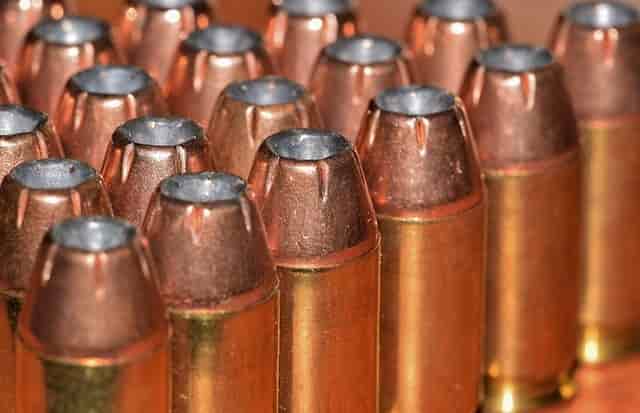
I’m telling you it’s so easy with Lucky Gunner! The ammo shown on their site is guaranteed to be in stock and will ship fast. I heartily endorse Lucky Gunner and so do their many customers.
“Okay, so far I’ve dealt twice with LuckyGunner, and all I can say is, I LOVE YOUR COMPANY!!!!
Imagine: only items in stock are advertised. Who’da thunk, eh? The more highly advertised ones – Cheaper Than Dirt, Cabela’s, et. al. – will put you on backorder forever and a day. But LuckyGunner – I ordered 500 shells of .45 ACP (hard to get in this “shortage”) – and there it was at my address. No backorders, no bull. Business as it should be.
Yes, I’m telling my friends! I’m constantly writing down your addy on bits of paper (and running out of the latter), spreading the joyous news, “No backorders! No bull! Try LuckyGunner.com, you won’t be sorry!” Thank you for being there for an ammo-starved public. And, thanks for the SUPERB customer service.”
— Walter J., Silverdale, WA —


Jason Huskey
Owner of CCWClasses.net
Jason Huskey is a family man with three kids and a wonderful wife. He’s always starting new hobbies, but his true passion lies in shooting sports. Jason has been a CCW license holder for over 10 years and carries every day. In addition to firearms, he also enjoys playing guitar and writing songs. He tries to live by the Christian values he believes in.
More things you might enjoy…
Can a 38 Special Shoot 357 Rounds?
Image by MikeGunner from Pixabay I’ve long since discovered that very few activities give me the same thrill and sense of security as firing a gun. As a gun owner and enthusiast, I’ve always been curious about which guns can shoot which kinds of ammunition. I have a Derringer five-shot revolver that uses .22 rounds.…
Who Makes the Most Popular Brands of Ammo
If you are here to figure out who makes Herter’s ammo just look below the following table for a more thorough answer. If you are looking for a specific type of ammo, then you need to start by figuring out who makes it. There are lots of options for ammunition and each type of bullet…
What Does Full Metal Jacket Mean?
If you have heard the term full metal jacket, then you might be wondering what this means. I know that growing up, I heard this term a lot. I dismissed it as some sort of saying or cliche. Eventually, I decided that I needed to figure out what people meant when they use this term.…
How Often Should You Clean Your Gun?
After purchasing a firearm, you might wonder how often you should clean your gun. The truth is that it largely depends on how often you use it and where you live. Keep reading to learn more. How Often Should You Clean Your Gun? The short answer: do a light cleaning after every shooting session and…
What Is The Main Difference Between Centerfire And Rimfire Ammunition?
Rimfire vs Centerfire Everyone has to start somewhere. If you’re new to guns, learning the difference between rimfire and centerfire ammunition is important. Let me backtrack a moment. The first time I went out on the gun range, I had zero idea that there were different types of ammo for different types of weapons. All I knew…
Continue Reading What Is The Main Difference Between Centerfire And Rimfire Ammunition?
How Should You Hold a Handgun for Maximum Accuracy?
Whether it’s for sport or you find yourself in a defensive situation where you need to use a handgun, how you hold it will significantly affect your accuracy. Developing your handgun techniques will help you become a better shot and keep you safe. Read on to learn the answer to the question: How should you…
Continue Reading How Should You Hold a Handgun for Maximum Accuracy?
What Is Stippling On A Gun?
Hey, would you like a more firm grip on your gun? Would that help you shoot better? Well that is what stippling is for. Stippling is a modification to the grip that makes it, well, more grippy. It is done by sanding off the original finish and then using a hot soldering iron to make…
What Is A Centerfire Pistol?
To answer the question: “What Is A Centerfire Pistol?”, you must first understand that there are two main types of ammunition: Centerfire Rimfire These ammo categorizations are based on where the firing pin hits the back of the bullet to make it fire. A centerfire pistol is one where the firing pin strikes the center…
Is It Bad To Dry Fire A Glock?
There are loads of myths and assumptions surrounding handguns. If you grew up around guns, you probably heard some of these myths. Today, we will answer the question: Is it bad to dry fire a Glock. The Quick Answer Dry firing modern centerfire guns is completely fine (this includes most Glocks). The firing pin does…
What Is The Sight Picture?
When you first became interested in shooting you probably heard the terms sight picture and sight alignment being thrown around. Most people tend to use the two terms interchangeably; however, they do not mean the same thing. In this guide, I will make a clear distinction between sight picture and sight alignment. To master any new trade, you must…
What is Ball Ammo
When you hear the term “ball ammo” you may be picturing an actual ball. While the term did originate from ball shaped ammo, that’s not what it means today. Most ball ammo today is cylindrical in shape. It will have a lead core coated with copper. Keep reading to learn all about the history and…
